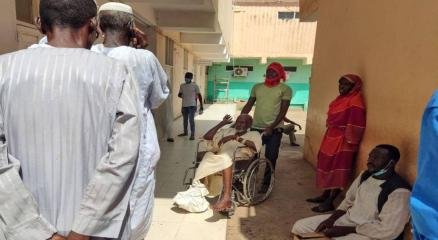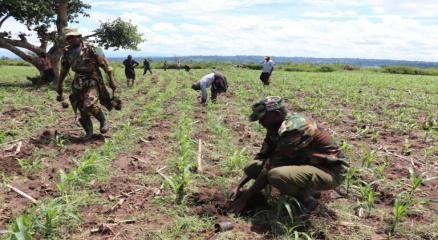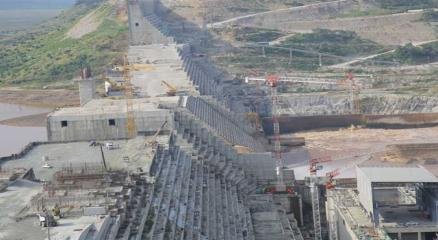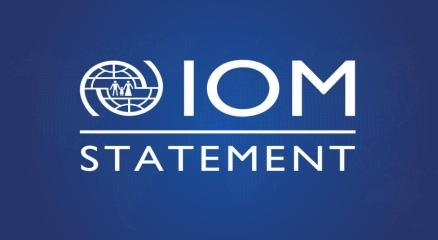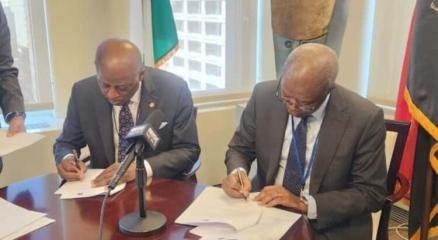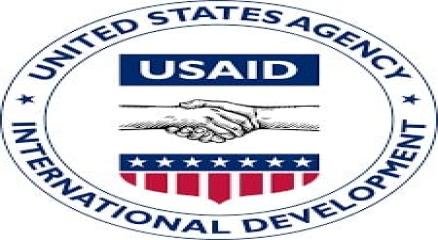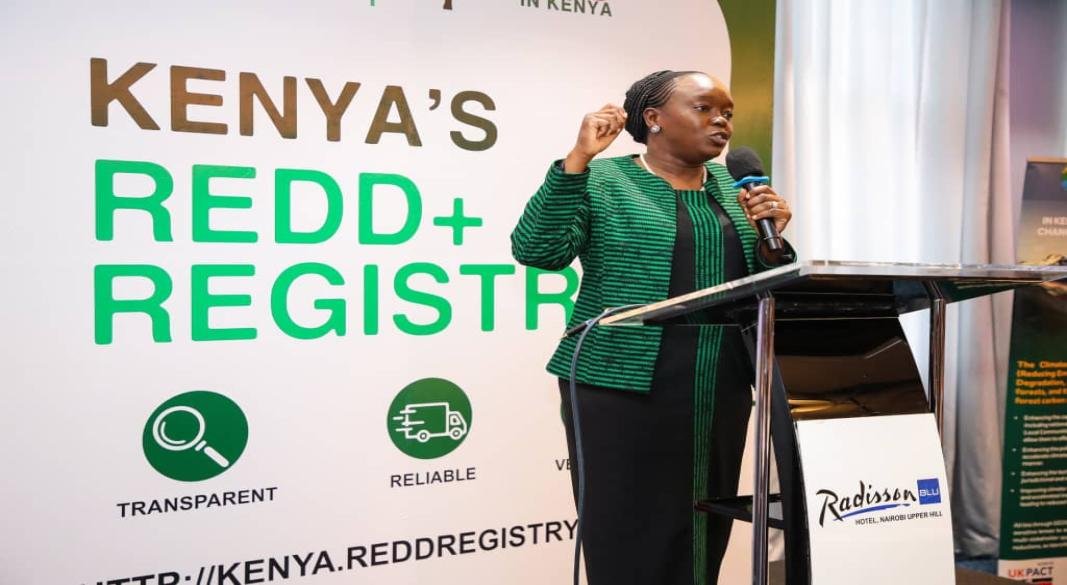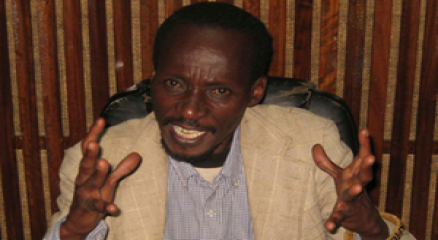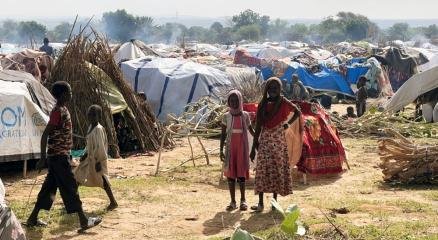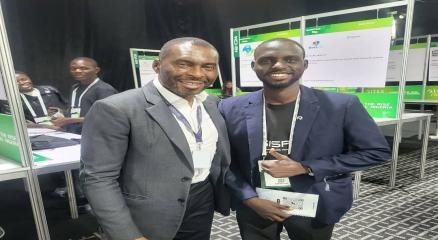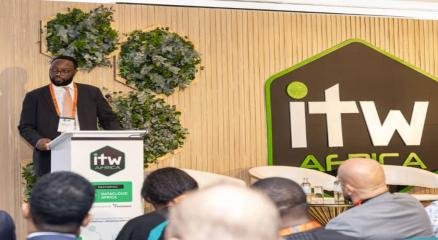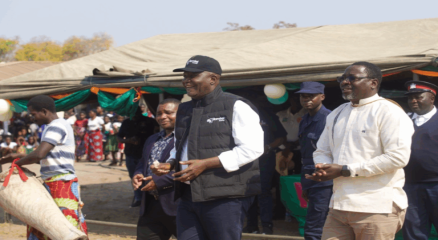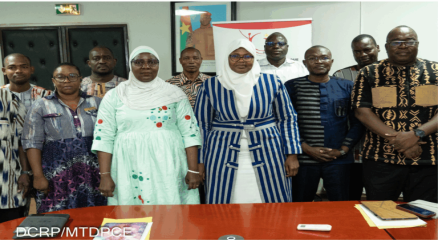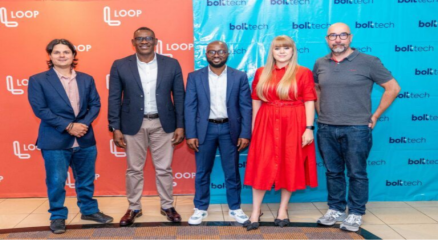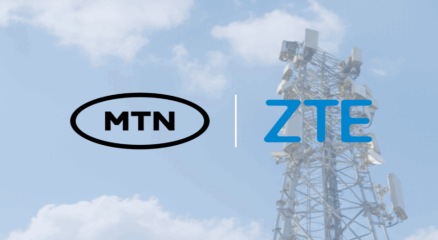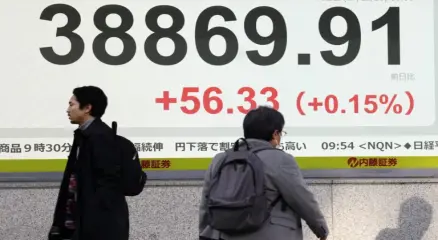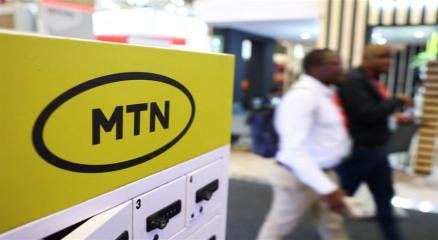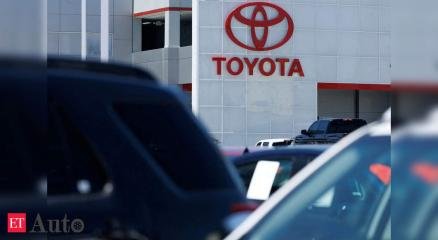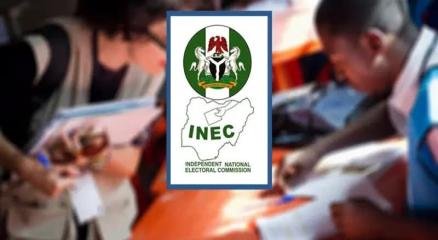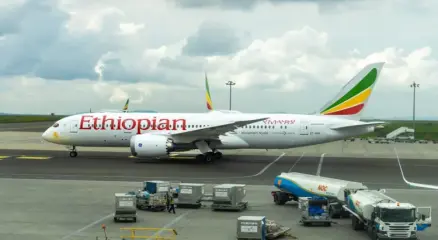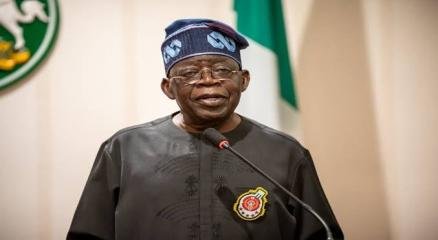Nairobi, Kenya — Kenya has taken a historic stride in climate action with the launch of the continent’s first REDD+ Registry, a cutting-edge digital platform designed to track, verify, and manage emissions reductions generated through forest conservation efforts. The initiative was launched in Nairobi, marking a milestone in forest governance and climate transparency.
Cabinet Secretary for Environment, Climate Change & Forestry, Dr. Deborah Barasa, described the registry as more than a technical achievement calling it a bold affirmation of Kenya’s commitment to environmental integrity and inclusive development. The system's launch coincided with the release of the REDD+ Nesting Guidelines, which enable the integration of local, community-level conservation projects into the national carbon accounting system.
Developed in collaboration with Conservation International and supported by the UK’s PACT programme, this registry will initially be hosted abroad for two years while Kenya builds local infrastructure to manage it independently.
This initiative places Kenya among just a handful of countries worldwide and the first in Africa to deploy a formal national REDD+ emissions tracking platform. It positions the nation at the leading edge of climate finance and carbon market transparency.
At the launch event, British High Commissioner Neil Wigan praised the venture as a potent symbol of Kenya–UK strategic climate cooperation and a model of effective, people-centered conservation.

